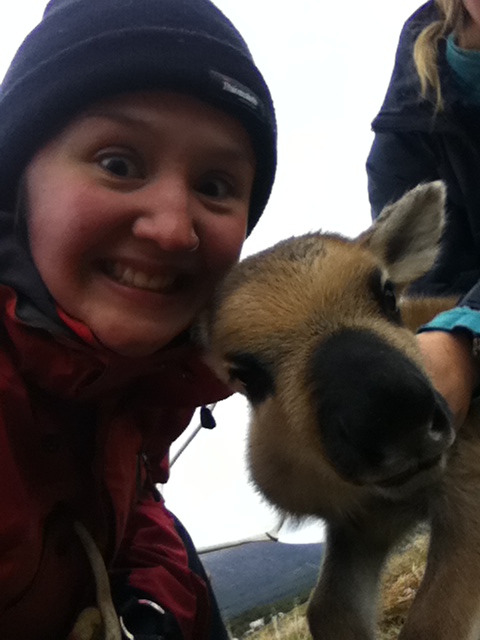I thought I’d write a bit about some of our biggest reindeer pet peeves this week – and undeniably, there are quite a few… Pet peeves 1-4 are tongue-in-cheek, so don’t take offence if you’ve made one of these slips in the past – no doubt some of us did too before becoming reindeer herders! But peeves 5 and 6 are serious, and a cause us a constant headache – please don’t be *that* visitor…
Number 1: ‘Reindeers’
The biggest pet peeve of all is most definitely… ‘reindeers’. The plural of reindeer is reindeer, with no ‘s’, and whilst I’ve never heard anyone say ‘sheeps’, ‘reindeers’ is a very common mistake. It’s only a little thing and it’s hardly going to change the world if you say it right or say it wrong, but it’s just something that grates so much. You will see a tiny shudder of horror pass over any one of us if you see us talking to someone who uses the word ‘reindeers’. Not to mention my roar of disgust earlier this year to open our local paper – who really should know better – to find that they had used ‘reindeers’ (in very large font) in the title of their article about us. Face plant.
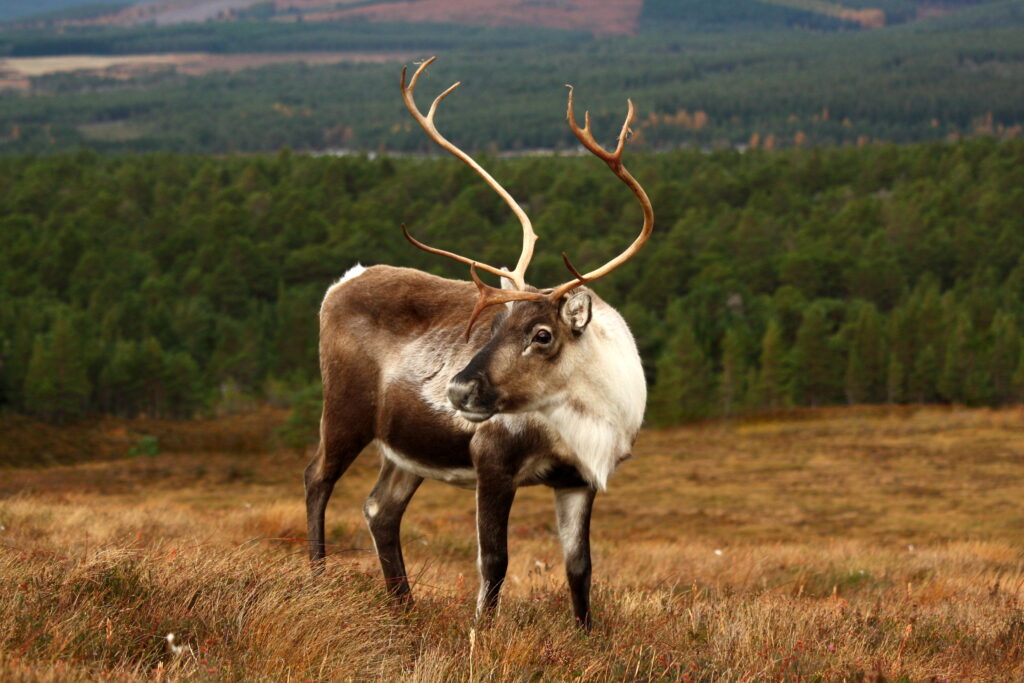
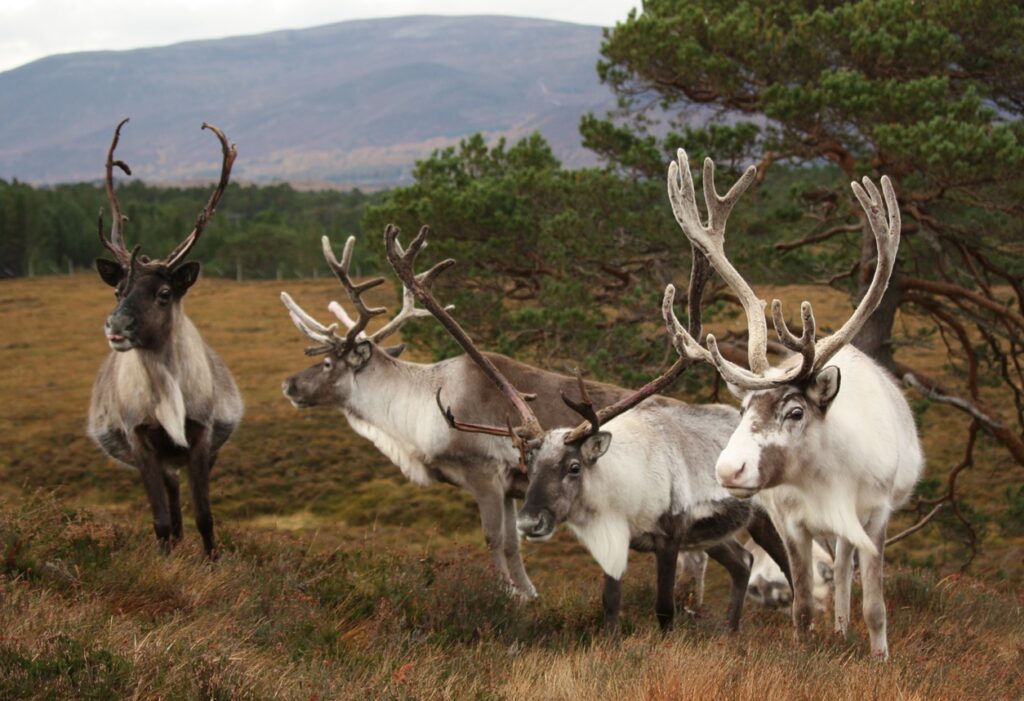
Number 2: ‘Horns’
I guess there’s really no reason for people to know or understand the difference between antlers or horns, unless they have background knowledge in biology. But still, when reindeer’s antlers are referred to as horns, it’s something that makes my eye twitch – the word just sounds so wrong. To educate anyone that doesn’t know (every day’s a school day), animals that grow horns, such as cows, sheep and antelope, only grow one set in their lifetime and the horn is made of keratin, the protein that your hair and fingernails are made from. In contrast, antlers are made of bone and are grown by members of the deer family only, and they are grown annually, falling off each year. Technically therefore, they are classed as ‘deciduous’ – not a word normally used other than in relation to trees.
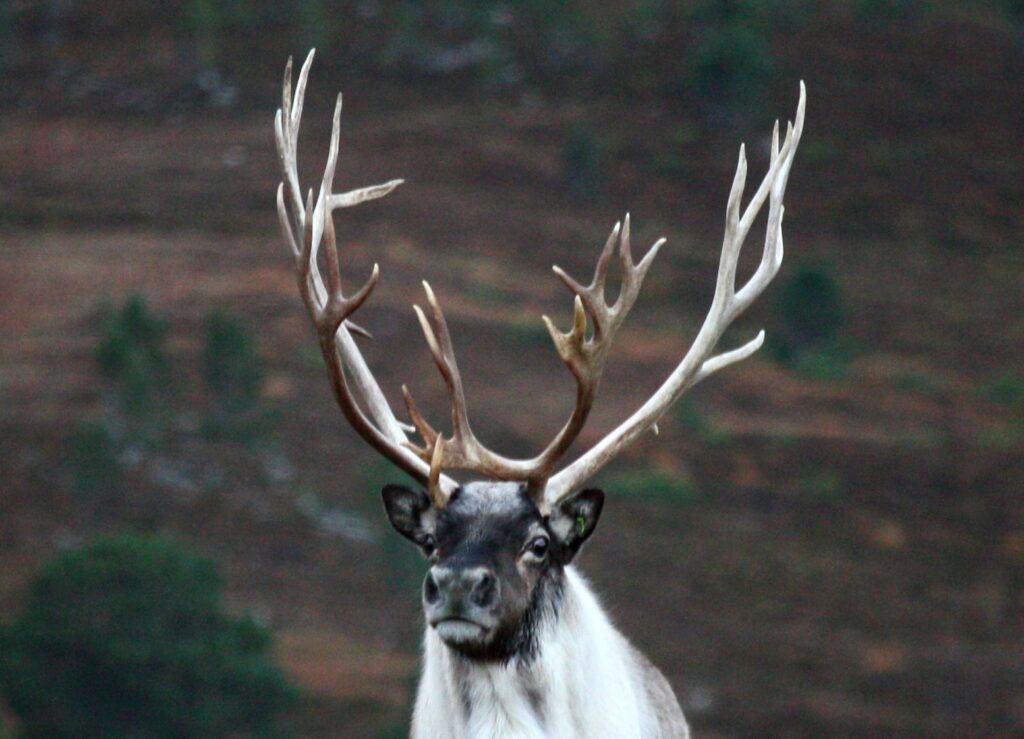
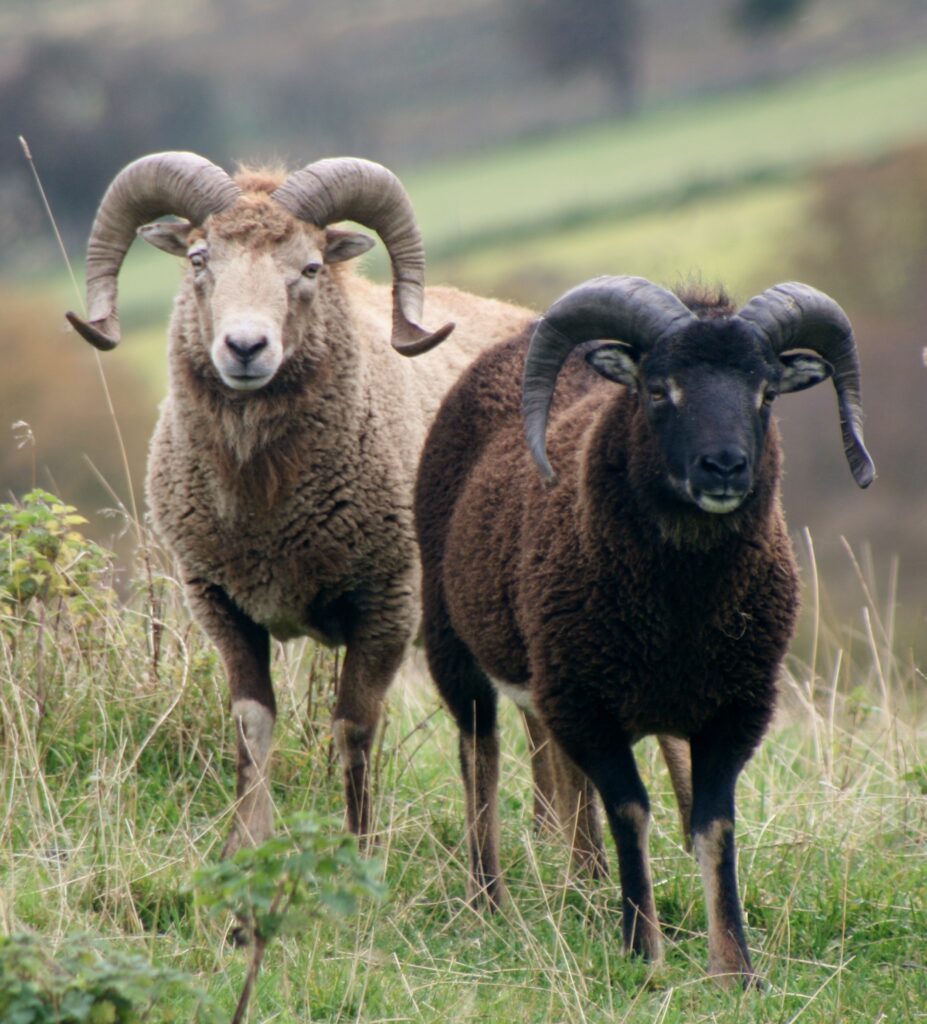
Number 3: Reindeer imagery at Christmas
Oh god… where to start? I think 99% of ‘reindeer’ imagery used on Christmas cards, decorations etc, are not actually reindeer at all.
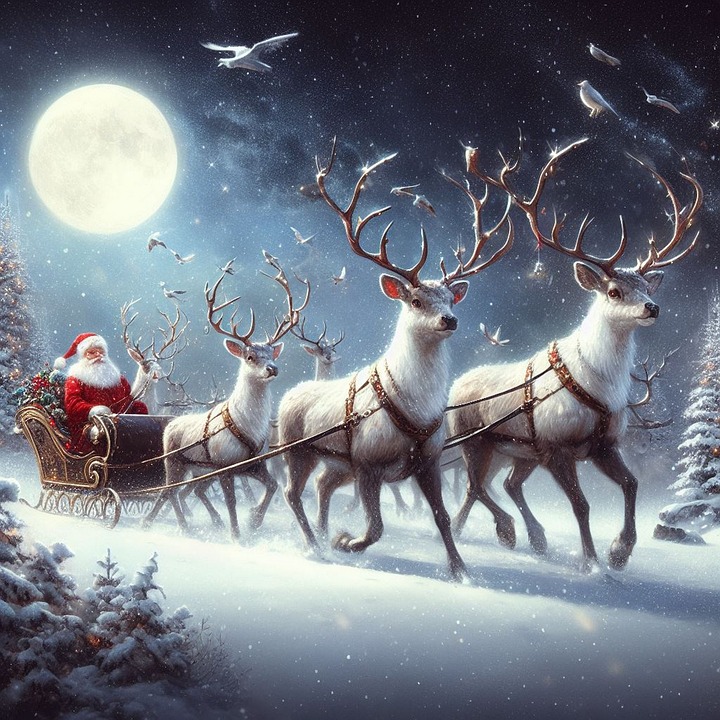
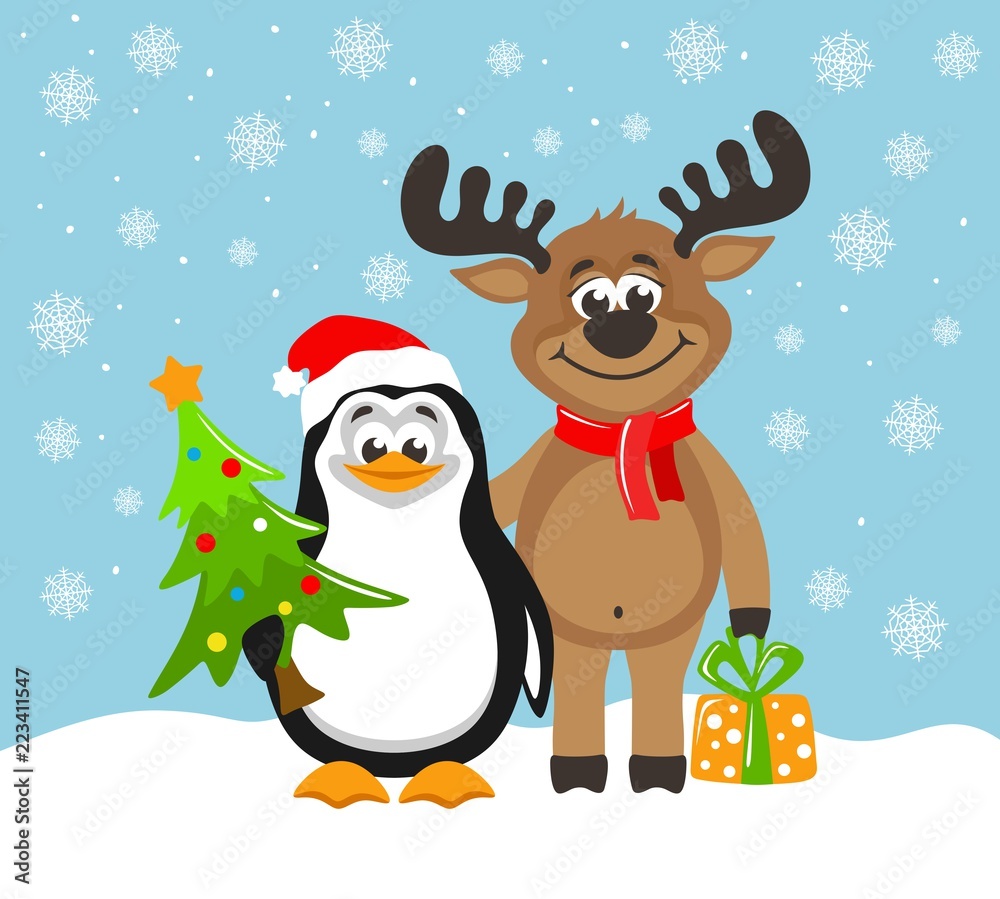
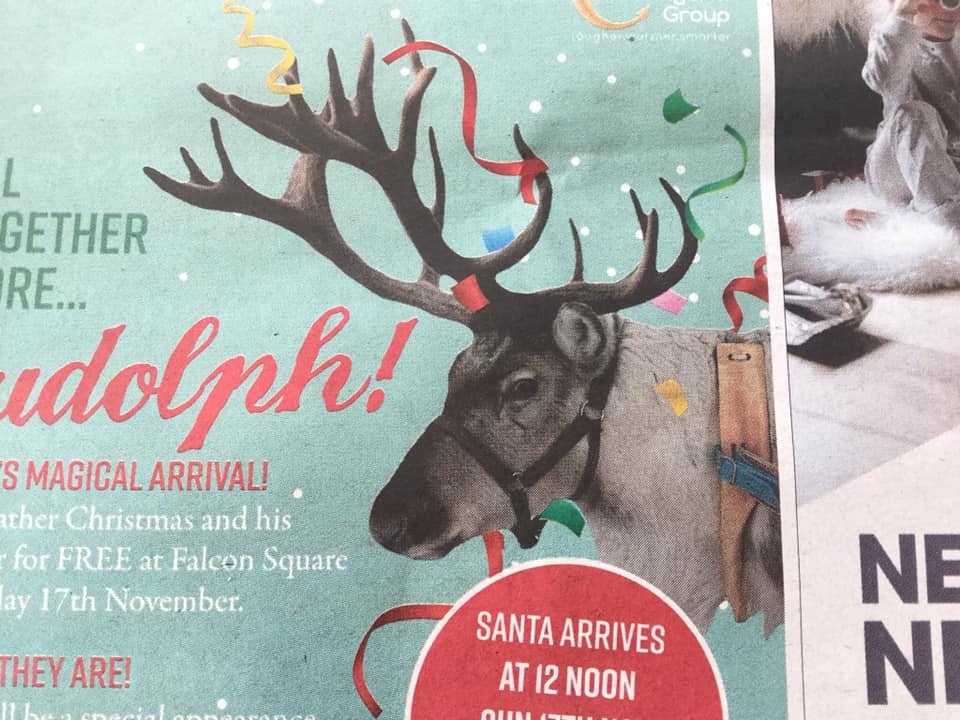
Number 4: Carrots
If you happen to have a child who still believes in Father Christmas and are reading this aloud to them… stop. I don’t want to be responsible for breaking hearts. If you’re an adult however, and think that reindeer love to chow down on a carrot or two – prepare yourself for a shock. Reindeer DO NOT eat carrots. It is a myth. I’m sorry, but there it is.

Once again, let’s shoe-horn in some education. Reindeer are ruminants, meaning they have four stomachs, like cows and sheep. They have similar dentition too, having tiny teeth at the front of the bottom jaw, and a flat, bony palate at the front of the top jaw (plus molars top and bottom at the back). This means they nip away at the vegetation with the small front teeth, swallow it into the first stomach – the ‘rumen’ – and then bring it back up to chew again with the molars before it progresses through all four stomachs. Tiny front teeth can’t easily much up a carrot, and nor do carrots grow naturally anywhere that reindeer live, so they do not form part of their diet. I am actually aware of reindeer in permanent captivity in some places being fed carrots – but any reindeer that actually eats, or tries to eat, carrots is doing so out of desperation because they are not being fed a sufficient diet.
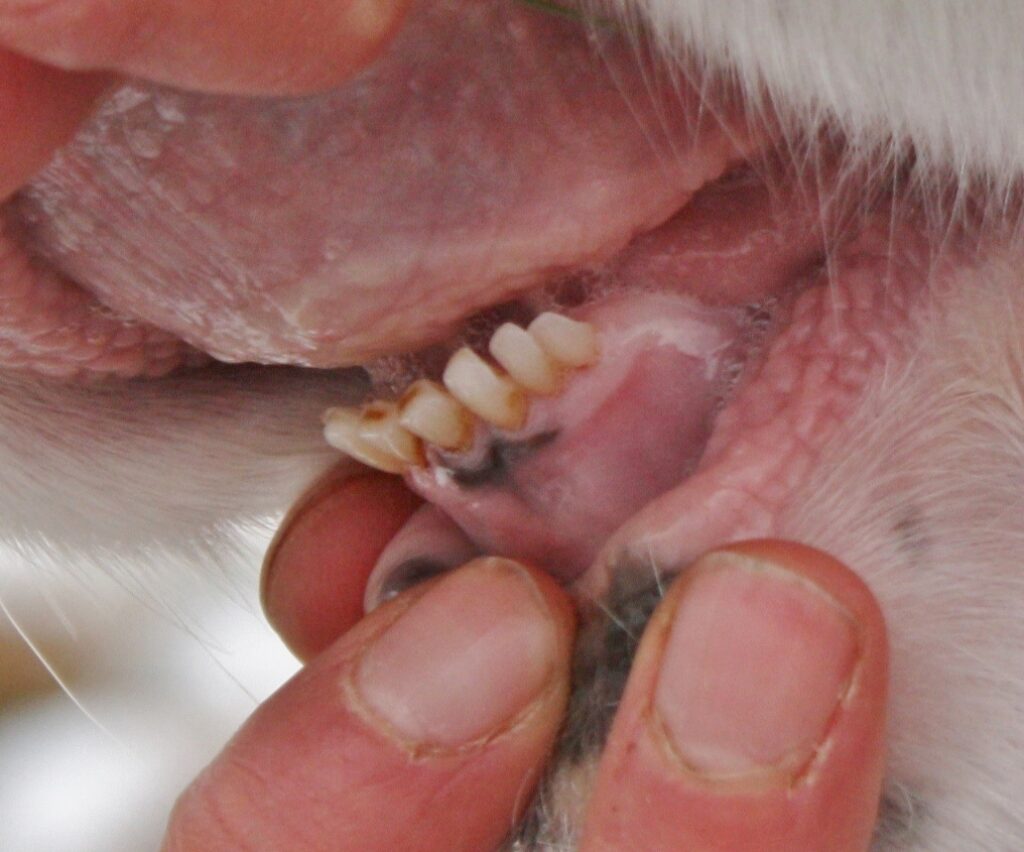
Working here taught me to quickly work out when to lie to people – if an adult brings us carrots for the reindeer then I will tell them the truth. If a small child gives me a carrot at a Christmas event, to give to the reindeer? Then perhaps they do eat carrots after all, but only on Christmas Eve. Not right now. Makes ‘em fly, you see.
Number 5: Visitors who don’t read any information when booking their tickets
I hesitated to include these last two pet peeves… but my fingers have just kept typing, and realistically, they the ones that actually cause us herders problems, rather than just annoy us. Visiting the reindeer here at the Centre is wonderful, and we do our utmost to make sure everyone has a lovely time. But you need to know what you are getting yourself in for, and you need to know what clothing and footwear you need to bring, in order to visit the reindeer safely and with maximum enjoyment. The people who book tickets, tick all the required boxes to say they will have the right footwear etc; they understand they need to use their own car; they realise they have to walk to the reindeer, etc etc etc – and then turn up having not actually read ANY of this info, make us want to cry. Hill Trips change throughout the year, starting from different car-parks and using different routes, so having visited before doesn’t mean you know what to expect.
We have all been shouted at by angry people over the years when it’s entirely their fault and not ours that they’ve (delete as appropriate) missed the trip/have the wrong footwear/are completely unsuitably prepared. Please. Just. Read. It. All. First. Please.
Number 6: ‘That’s not actually waterproof…‘
Peeve number 6 is linked to number 5. We ask visitors to bring a waterproof jacket with them for the Hill Trip at all times, and in the winter season (Oct – Apr) we ask them to bring waterproof over-trousers too. Obviously we can’t predict the weather and whilst waterproofs might not be needed on the day, at times they really are essential, and it is for people’s own safety that we have to insist they are wearing full waterproof clothing. Hypothermia becomes a risk quickly in winter conditions, and much more so if someone is wet to their skin.
Please understand we don’t want to turn people away, nor force them to purchase waterproofs they may not wear again, but as a company we also REALLY don’t want to be responsible for cases of hypothermia either. Safety in the mountain environment has to be foremost so you MUST come prepared for the worst weather, and just be grateful if you are lucky to get nice weather on the day. It’s also a matter of your own enjoyment – we want you to have the best time possible and you have more chance of doing so if you are not soaked through and frozen.
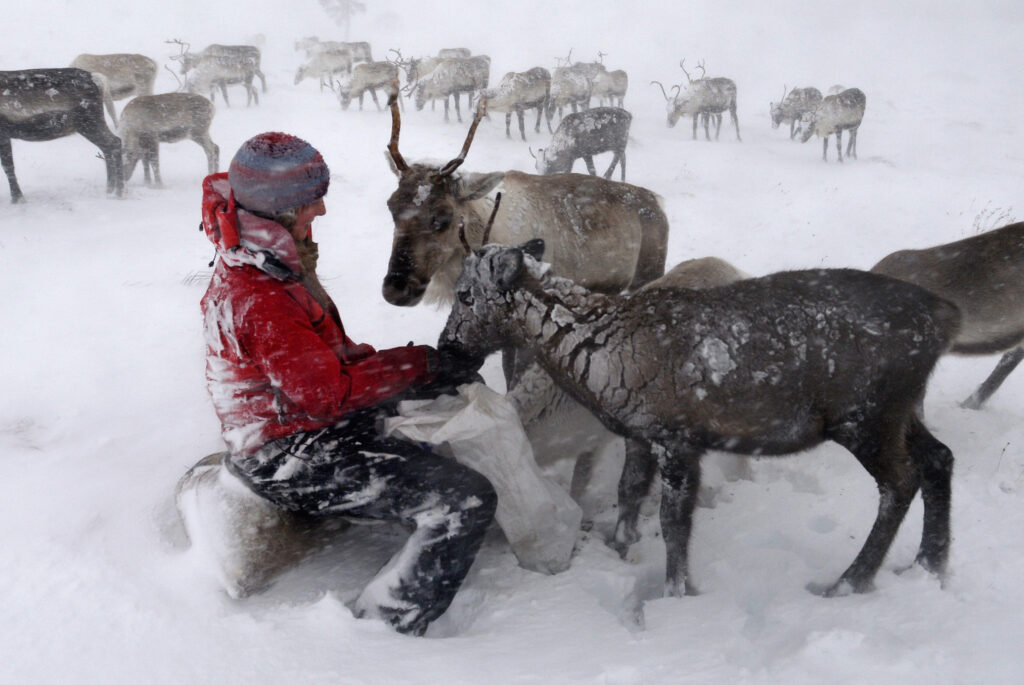
However, it seems the problem is deep-rooted in that a surprisingly large percentage of people seem to have no understanding as to what the word ‘waterproof’ actually means. It’s really not hard – it means… ‘waterproof’. Water can’t get through. Wet one side, dry the other. Not ‘water-resistant’, not ‘shower-proof’ – ‘WATERPROOF’. No, your ‘hiking trousers’ aren’t waterproof. Nope, nor your puffer jacket. Nor your ‘yoga pants’ (I kid you not – I have had this conversation with someone in our shop).
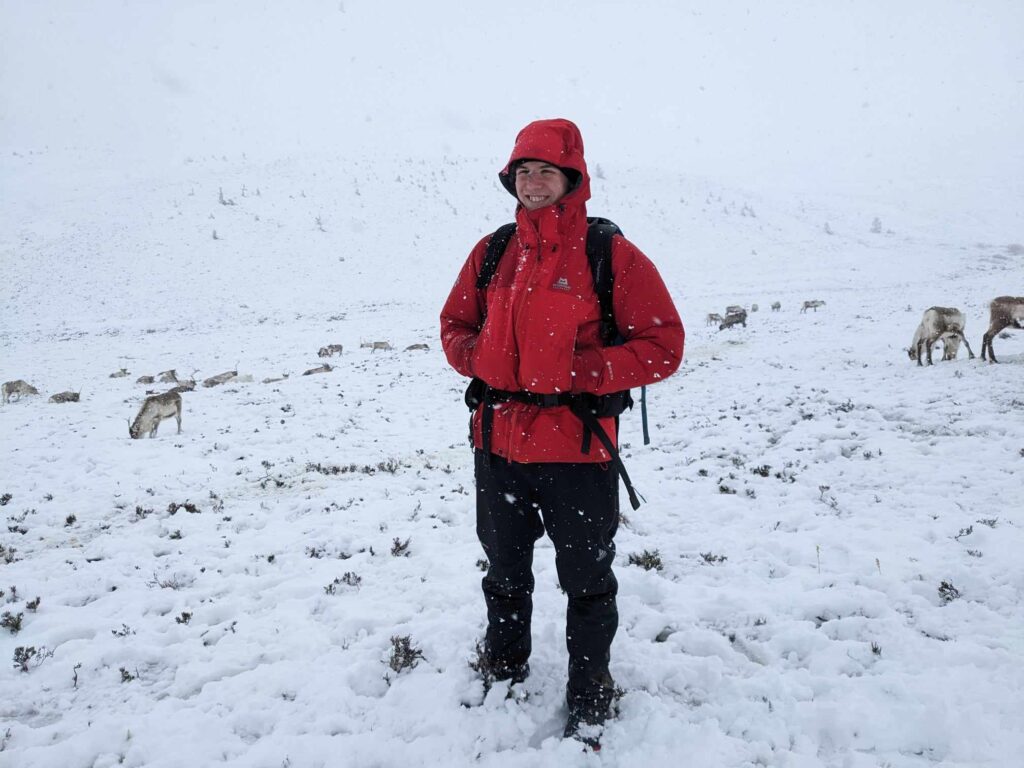
We’re rather at a loss as to how to get it across to people? We’ve tried everything. I’ve resorted lately to literally asking people if they would remain dry if I chucked a bucket of water at them. No? Then your clothes ARE NOT WATERPROOF.
As I write this today (in late March) 6 of the 26 people booked on the Hill Trip had to buy waterproof trousers in our shop (we have some ’emergency’ pairs for sale) before we would let them take part – despite knowing perfectly well upon booking that they needed to bring them, and being told so in three separate emails. March is not necessarily spring here – today it was full on blizzard conditions on the hill.
I can go into all sorts of other pet peeves, but I’m starting to feel a bit frazzled just thinking about it all, and I notice my use of capitals is increasing throughout this blog as I feel more and more shouty, so it’s probably time to stop here.
Hen

